|
11/8/2019 When A Kiss Isn’t Just A Kiss: Power, Privilege, And Race In Florida Coach’s Wife’s Pregame RitualRead NowMore than just Megan Mullen’s intentions should be considered.
I want to feel good about Megan Mullen giving her husband’s players a hug and a kiss before every game.
I really do. I want to live in a world where it’s OK for me to feel good about Megan Mullen showing affection to her husband’s team. And yet... It has been six days since the internet was sent into a frenzy, when a University of Georgia superfan posted a photo on Twitter of Megan giving each member of the Florida Gators football team a hug and kiss as they departed the bus and headed into the stadium for their annual rivalry game against the Georgia Bulldogs. A tradition she has maintained since the Mullens returned to Gainesville, Florida. Her husband, Dan, was offensive coordinator from 2005-08 under then head coach Urban Meyer. He left in 2009 to become the head coach at Mississippi State and became the Gators’ head ball coach in 2018. I believe Megan Mullen when she told Rivals.com in 2018: “They are our children. So, I have two at home, then I have a furry baby, and then I have a big baby as a husband, and I’ve got 119 others.The biggest honor that can be bestowed upon us as a coach, and a coach’s wife, is a parent and a student athlete deciding to come play for us, and be a part of our family...they came to Florida to win a national championship. But they also — I think — deserve a family that just loves them more than the world, and every day I want them to know how proud I am of them because they sacrifice so much and they work, so, so hard.” On its face, it is completely noble. Heartwarming even, in the cold world of the collegiate sports industrial complex. If you watch the video of that interview and observe Megan on game days, you can’t possibly think she has anything but genuine affection for these players and the purest intentions. But as the saying goes, “the road to hell is paved with good intentions.” OK, that might be a bit harsh. But if you take a milder interpretation of that saying, you’ll catch my drift. The optics of a diminutive White woman inhabiting the personal spaces of large young Black men carries a lot of baggage. That’s not Megan’s fault per se, and it’s certainly not the players’ fault. The fault lies in our nation. This nation that was built upon the backs of people that looked like the Gators' players, at the behest of people that looked like Megan and her husband. This nation that has a history of harassment and abuse by people in power over those subject to said power. We the people, are this nation. So says the preamble of our Constitution. It is incumbent on us to understand how that baggage both past and present impacts each and every one of us and each and every one of our interactions, no matter how well intentioned. As the head football coach, Dan Mullen is in effect these players’ boss. He controls their football and academic futures. Megan, by extension, shares in that power and privilege. It’s an issue of power and consent. It is unlikely that a player, if he felt so inclined, would feel comfortable telling coach Mullen, “Hey, I really don’t want your wife hugging or touching me or invading my personal space.” It is intended as an outward expression of affection, sure, but perhaps some of the guys don’t like to be touched and feel uncomfortable. Football teams are known to be conformist by nature. Everyone pulling together for a common goal and all that. If six of every 10 players are OK with it or even welcome it, do you think the remaining four will speak up? Megan is standing outside the bus waiting, and there is an expectation that you engage with her. There is no opportunity for a player to opt out. It is in front of everyone with cameras rolling. As the adult, Megan needs to be aware of her power and privilege in this instance and think about each and every one of her 119 “children” and recognize that they are all different and might feel differently about this. Many online have cried that this is a classic example of a double standard, and they wouldn’t be wrong. If a Black husband of the coach of a majority White women’s tennis, swimming, or golf team was seen standing outside the bus and giving each young woman a hug and kiss, what do you think the reaction would be? The animus that exists between Blacks and Whites, as it relates to Black men and White women, goes all the way back to the Antebellum South. Countless Black men were beaten and killed for imagined offenses against White women. This nation’s first major blockbuster film, D.W. Griffith’s The Birth of a Nation, portrayed Black men as unintelligent and sexually aggressive towards White women. A belief still possessed by some, and a trope many laws, that still exist, were built upon. This is not the fault of any of these players, and it’s not Megan’s either. But as an adult, the responsibility is on her. As the person with the power and privilege, she needs to be keenly aware of everything. Her intentions cannot be the only thing she’s considering. There are 119 young men whose feelings also matter. Someone is probably reading this, and struggling to understand why this incident is such a big deal and why it has sparked outrage. That’s the thing about race, privilege and power dynamics, particularly if you’re Black. Sometimes you experience it acutely, and it makes you feel some type of way. On other days you might not. Sometimes we know what it is, but can’t articulate it either due to sheer exhaustion, or literally what United States Supreme Court Justice Potter Stewart said in 1964 when describing the threshold for obscenity (hardcore pornography): “I shall not today attempt further to define the kinds of material I understand to be embraced within that shorthand description ['hard-core pornography'], and perhaps I could never succeed in intelligibly doing so. But I know it when I see it…” The intentions were good. But I know an abuse of power, albeit unintended, when I see it. Rivals.com reporter Jacquie Franciulli, who interviewed Megan Mullen in that 2018 video, reached out to BET via Twitter and said the following: "Players are not forced to hug her and some don’t. They simply walk past her and nothing is made of it. Again it’s their choice."
Some players have also come out in support of "Mamma Mullen" amid the controversy:
0 Comments
9/27/2019 Larry Johnson's Twitter Feed Is Full Of Sexism And Homophobia Masked As The ‘Word Of God’Read NowLeBron, Meg Thee Stallion, conspiracy theories, and the devil’s battle for souls are all fair game for the former all-pro.
If you search for former NFL all-pro running back Larry Johnson’s Twitter profile, you’ll come across the following in his bio.
“Broke Records for the Nittany Lions ~ Broke Records for the Chiefs ~ More importantly I Broke the Devils hold on my soul (1Tim. 1:13-16).” First Timothy Chapter One verses 13-16 reads as follows in the King James Bible: “Who was before a blasphemer, and a persecutor, and injurious: but I obtained mercy, because I did it ignorantly in unbelief. "And the grace of our Lord was exceeding abundant with faith and love which is in Christ Jesus. "This is a faithful saying, and worthy of all acceptation, that Christ Jesus came into the world to save sinners; of whom I am chief. "Howbeit for this cause I obtained mercy, that in me first Jesus Christ might shew forth all longsuffering, for a pattern to them which should hereafter believe on him to life everlasting.” Johnson was that blasphemer if you hear him tell it. He says when he stopped playing in the NFL, it left a big void in his life and he tried to fill it with all the wrong things. The trappings of fame and celebrity were what he identified with. Alcohol, money and chasing women. Secular things. Or things separate from Yah or God. When those secular things left him feeling empty and void of any feeling of self, when he no longer had fame, money and women he was at his lowest. He was desperate and needed to find work, but because of his arrests, that was a daunting task. It was in that dark hour he said he fell to his knees and surrendered his soul to Yah. During this period he began doing internet research on the occult, found conspiracy groups on YouTube, and studied what he could find about the fabled Illuminati. Johnson said he was “thirsty for knowledge” and a spiritual path. He became convinced that the world was about more than what’s on the surface and that there is a sinister battle being waged by evil forces. His mission is to be a “rebel” for God and speak the “truth.” Fast forward to today and if you do even a cursory audit of Johnson’s timeline, it’s wild. He goes in on athletes and entertainers, all people he believes are into “pagan worship” and “sworn blood sacrifice to false idols.” What’s interesting is Johnson finds an opportunity in every news item related to a famous individual to espouse his theories and doctrine. His explanation of the Antonio Brown situation is a perfect example.
If you read between the lines, and that’s a dangerous proposition with anything Johnson tweets, he believes nothing serious will happen to Brown as a result of these sexual assault allegations because he has made some kind of “sacrafice.”
Johnson also used the hashtag #GoatGodplan while calling out the mercurial wide receiver, Antonio Brown.
It’s easy to mock this as the musings of a conspiracy theorist, but Johnson believes this stuff wholeheartedly and zealously.
He holds nothing back and attacks the biggest and most popular names in the zeitgeist. You could make the argument he does it for publicity. But despite his name being referenced seemingly weekly as a “nutjob,” what’s the upside? When “Hot Girl Summer” creator and rapper Meg Thee Stallion shared some personal thoughts on Twitter about her late mother and the success she’s now experiencing, Johnson saw it as an opportunity to share his views. Stallion tweeted: “After my mom passed I promised myself I was going to keep going hard [because] not only is music my dream but it was her dream for me too. I have days where I want to go hide and cry because she’s not here, but I know that ain’t what she would want me to do! I know she’s proud of me!” Johnson replied tweeting: “A coincidence: her mother, who was her manager died in the month of March 2019, the same month of her ‘break out’. [The] Music industry [is] filled with the easily [corruptible], fatherless children looking for Satan to be the 'daddy' they never had.”
Just this past Sunday (September 22) Johnson seemed to respond to Meg’s fans on Twitter.
Johnson seems to think his backlash from Meg’s fans is a simple misunderstanding over them thinking he’s upset she would never date him. In a not uncommon sexist response, he lists some of the “better” famous women he says he’s dated. And it appears, as far as he’s concerned, his “message” to Meg and her fans comes from a place of spreading the “truth,” not jealousy.
One of Johnson’s latest targets is none other than LeBron James. Johnson believes James is part of this “lost generation” that has sold their souls for fame and fortune.
In a series of tweets Johnson makes reference to “devil horn signs” Bron makes before and/or during games.
Johnson took it a step further on Sunday (September 22) drawing reference to a Canaanite deity and the ritual of child sacrifice. His tweet had pictures of LeBron “Bronny” James Jr. and Drake.
For what it’s worth, Johnson also believes the NFL and NBA are pushing effeminate agendas for non altruistic reasons.
Whether or not you believe what Johnson is “preaching,” and I find this extremely dubious on a variety of levels, he is not alone in his beliefs. For every person that dismisses him as sexist, homophobic or a religious zealot, he has many, including people in the Black community, that believe he is the “light” in a “dark” place. Some questions need to be asked. Why does sexism and homophobia shrouded under the cover of religion still have a place in the Black community? Religion is very important to the Black community and should not be minimized. Christianity in particular. According to the Pew Research Center, roughly eight in 10 Black people identify as Christian. By and large the majority of enslaved Africans were not Christian when they arrived. Stripped from their native land, customs and rituals, many Africans and their descendants embraced Christianity, finding comfort in the Biblical message of spiritual equality and deliverance. The Black church was a key cornerstone of building a community post enslavement and was essential in the civil rights movement. In adopting Christianity, unfortunately some Black people adopt the belief that homosexuality is an abomination. Throughout the Bible, women are largely depicted as vessels to bear children and support a man in managing a household. Seldom having their own agency. Anything secular or of the world is sin (our actual nature if you believe), and souls must be cleansed from such ills. Religion has its place, and if that’s what is needed to help an individual get through life and have a sense of purpose, far be it from me to criticize. I grew up in a Pentecostal house, my father spent time ministering in a church in Brooklyn when I was a kid, and my mother has advanced degrees in theology and religious studies. On an intellectual level, I understand blind faith and zealotry. But I can’t help but question the type of dogmatic doctrine and conflicting messages inherent in Christianity. God is presented as omniscient, omnipotent and the creator of all things. He is also presented as a God of enduring love and everlasting mercy and forgiveness. But God is also presented as jealous and vengeful if you don’t do exactly as commanded. See the contradictions. If Johnson and other believers' ultimate goal is to spread the “good news,” how is it accomplished by spewing negativity? If you want people to “join” or “come to know him,” wouldn’t an atmosphere of inclusivity need to be present? Does anything about Johnson’s feed seem welcoming and inclusive? No, this is more of the same. Religion in its worst form is something created by men (allegedly inspired by God) to control and restrict. If you do your research, those that typically benefit from religion, in the macro, are men. If Johnson was still bankrolled with millions, would he be on this “crusade” of exposing truths? That’s the thing about religion, just like Twitter, it tends to find a lot of people when they are at their most vulnerable. For good or bad. 9/13/2019 'Fair Pay To Play' Act Seems Like A Step In The Right Direction, But If NCAA Has Its Way, It Will Be More Of The SameRead NowNCAA says SB 206 is "unconstitutional" and will "upend" competitive balance, but that’s just noise.8/24/2019 Questions About Colin Kaepernick’s ‘Fitness’ to Be The ‘Mixed Race’ Face of A Black Movement Opens Old WoundsRead NowWhen colorism hits the social justice movement it sets us all back.I am a dark-skinned Black man. I understand what that means vis a vis America writ large, particularly as it relates to those of a lighter hue. But the microaggressions I and my fellow dark-skinned people encounter, don’t make us any more or less qualified than our light skinned brothers and sisters to be the face of a movement. Colorism is a problem within our culture and it needs to stop. Earlier this week, Marcellus Wiley, host of the FS1 show Speak For Yourself, brought up that old wound of colorism in his stinging comments aimed at blackballed former NFL quarterback Colin Kaepernick. Wiley also brought Nessa, Kap’s girlfriend, into the discussion. You can read more about it here. Why must we continue to do this? No doubt the original sin of slavery, and slave owners creating a hierarchy among their chattel still lingers to this very day. Who is a “house nigger”? Who is a “field nigger”? Not to mention the repeated rape of slaves by their masters leading to mixed race children, creating another group to struggle in the otherness hierarchy. Light skinned privilege” and passing are real. They existed in the Antebellum South and exist to this day. There is a “currency” that being closer in complexion to white affords an individual. It is that inequity that can, and understandably, cause resentment towards light skinned Black people who don’t acknowledge their privilege from their darker brothers and sisters. Like slavery is woven into the fabric of this nation, so too is dark skin and light skin into our collective conscious and subconscious. Whether it means being the “face” of something or being seen as more “acceptable” to the mainstream. It is there. But society’s insistence and obsession with color does not have to be ours. At the end of the day light or dark, we are all Black. If the goal is for all Black people, that means ALL Black people. Yes, Kap is mixed race and was raised by a white family in central California. No, he did not grow up in Watts or Compton. Does that preclude him from having an awakening and understanding the plight of Black people? Are you familiar with the “one drop rule”? The idea that if a person has even one ancestor of sub-Saharan African ancestry (“one drop” of black blood) that person is considered Black. Kap’s mother is white and his father is Black. Of course the “one drop rule” is no longer on the books as state law, but if you think the ramifications aren’t still present, you haven’t been paying attention. As an aside, if that “one drop rule” was still “in effect” some of you may not like the racial group you would be classified into, but I digress… What do we gain from fighting an internal war of colorism, if the goal is equality (read: fairness) and equal (read: same) treatment under the law? The longer we argue who is or isn’t Black enough or who is fit to be the “face” of a movement, the longer the movement will remain stuck in neutral. Who benefits if we are fighting with one another over shades of Black? In 1955 when Rosa Parks became the “face” of the Montgomery Bus Boycotts for refusing to give up her seat to a white person, there was another young woman (a 15-year-old girl) named Claudette Colvin who was arrested nine months earlier for doing the exact same thing. In the many years since, research has been devoted to the overall Civil Rights Movement and the lesser known pioneers - of which Colvin was one - and why they were not put in front facing roles at the time. The reasons are what you would imagine. In Colvin’s case, she was too young, poor, “dark skinned”, pregnant (due to rape), and too militant to be forward facing, according to many leaders at the time. Colvin, who at present is still alive, believed she was “passed over” as a “face” due to colorism. In an interview she said: “[I] was too militant for the movement; they wanted someone mild and genteel like Rosa. Even if I was not pregnant … The only difference between me and Rosa was that she was an adult and a lighter tone. Black people, at that particular time, liked the lighter feature of women … and men. [Because of television] Rosa would make a good representative for both the poor and the middle class people.” In a 2019 interview with the Atlanta Journal Constitution, Colvin made her position on the Bus Boycott’s clear, saying: “Rosa Parks wasn’t the first one to rebel against the segregated seats. I was the first one...They wanted the right timing and the right person. She was a prominent woman with outstanding character. It didn’t hurt me. It was about getting it better regardless whether it was me or her.” Maybe it’s the perspective of time and the knowledge of the advancement that has taken place, but Colvin doesn’t appear to care who was the “face” as long as victory was the outcome. In every great victory won, there have been sacrifices. Colvin made hers.This might be one we have to make collectively as all Black people continue to push for acceptance and equality for every shade of Black and brown. Microaggressions happen in all forms to all people with any kind of “otherness.” Like it or not, Kap is an “other.” Instead of vilifying him or questioning his role in the movement, take a look at all of his deeds and actions to help “others”. Don’t be a crab and pull his legs out from under him and thus all “others”. Lift him up, and in turn lift yourself up, and lend a hand in this eternal struggle. 8/23/2019 Get Your Popcorn Ready: Serena Williams And Maria Sharapova To Play Each Other For The First Time At US OpenRead NowSometimes the sports gods smile on us mere mortals.The U.S. Open begins on Monday, August 26 in New York City, and the United States Tennis Association (USTA) announced the men’s and women’s draw yesterday. For the first time at the U.S. Open, Serena Williams will play Maria Sharapova. Why does this matter? Williams is arguably the greatest tennis player, man or woman, of all time. Sharapova, a five-time Grand Slam champion in her own right, is one of only 10 women (including Williams) to have won the career Grand Slam. Oh, and they also have a history of being extra competitive with each other. To put it mildly… Williams and Sharapova are at different stages of their lives and careers now. Williams is trying to win that elusive 24th Grand Slam title (a U.S. Open victory would be her first major title since 2017 and the birth of her daughter and her first U.S. Open title since 2014), and Sharapova has been struggling with injuries and regaining peak form. What many thought would become a rivalry back in 2004 after the Wimbledon Final, which Sharapova won when she beat Williams (the defending champion) in straight sets, was anything but. The two women have faced each other 20 times since the ‘04 Wimbledon Final, with Williams holding a commanding 18-2 edge. In fact, Williams has not technically been beaten by Sharapova since the 2004 WTA Tour Championships. Yes, Sharapova was awarded a win against Williams in the 2018 French Open round of 16. But that was a walkover. Williams pulled out before the match began with an injury. Lifetime, Williams is 19-3 against Sharapova. For all their off-court “back and forth,” this has never been a rivalry. But two big personalities and their history make this exciting for tennis fans — and sports fans at large. The fact that this is the first time they are meeting at the U.S. Open, with all their combined years on tour, is rather remarkable. Too bad it will be in the first round. Still, social media never passes on an opportunity to weigh in on Serena and Maria.
8/9/2019 NCAA Creates The So-Called “Rich Paul Rule” For Agents To “Protect” Their Student AthletesRead NowThough the only people protected are the millionaire coaches and programs.LeBron James, Anthony Davis, Ben Simmons, John Wall and Draymond Green. Those are just five of the twenty NBA athletes represented by Rich Paul, arguably the most powerful agent in sports and head of Klutch Sports Group; which he founded. Yes, Paul is one of Lebron James’ closest friends and James was Paul’s first client. But Klutch is much more than James. Whether you like how it was handled or not, Paul managed to get Anthony Davis traded exactly where he wanted. Other teams besides the Lakers were interested, but Paul made it clear. If you trade for us, we will honor the contract and play it out. But we will enter free agency in 2020, so don’t be mad at me, if you give up all your young talent. We told you, we were leaving. That’s a bold and audacious move from an agent only seven years in the game. But everything about innovation and changing the status quo is bold and audacious. Take away James and every other all star on his client roster and Paul has $70M plus in guaranteed salary this season for players like Eric Bledsoe, Tristan Thompson, Jordan Clarkson and Darius Garland. Whether you have a college degree or not, you do understand basic math right? That’s a lot of money in salary for players who the casual NBA fan probably has never heard of. Paul gets his clients paid. He understands leverage and knows how to use it. There has never been in times past, or are now, or will be in the future any course that teaches you how to maximize leverage and identify inefficiencies that only your skillset can solve. Take a look through your alma mater’s college course catalog and point me to the course on that. I’ll wait… Sure, there are business classes on contract negotiations etc but Paul neither needed or saw any value in that. He is a born entrepreneur, understands leverage, learned the ropes of being an NBA agent and with the best basketball player in the world as his first client he found his own lane. Why does any of this matter? Earlier this week, CBS Sports college basketball insider Jon Rothstein reported that the NCAA has officially added criteria for agents who wish to represent student athletes testing the waters for the NBA Draft. Among the added criteria agents must possess: a bachelor’s degree, be certified with the National Basketball Players Association (NBPA) for a minimum of three years, take an in-person exam at the NCAA offices in Indianapolis, and show seven years of address history. The one that jumps out of course is having to possess a college degree. To a lesser extent 7 years of address history also sounds and smells like something…but we digress. What does a college degree prove in the case of someone wanting to be an NBA agent? Does a college degree give you clairvoyance in analyzing the NBA draft landscape? Does it give you the foundation for understanding the draft lottery slots? Surely, a college degree means you are an ethical businessperson, right? It doesn’t. Paul, as you know, has managed to start Klutch and sign twenty athletes to contracts totaling over $200M for this upcoming season, all without having a college degree and while being Black.. Some might say that’s an incredible feat of entrepreneurship. But others, like the NCAA, see it differently. The NCAA is a cartel in the business of creating wealth for itself and its member institutions (colleges and universities) off the backs of unpaid labor. Mostly Black and Brown labor as football and basketball are the only revenue generating sports, and the athletes that participate are, by and large, Black and Brown. With the NBA’s one and done rule going away, the NCAA is poised to lose top-end prep talent (read: free labor that translates to money) that will go straight to the league. Couple that with college players being allowed to test the NBA draft waters and head back to school if their draft stock isn’t too favorable and the NCAA saw a problem on the horizon and corrected it the only way they know how. More rules and regulations under the guise of “protecting the student athlete”, when in actuality they are rooted in the same plantation mentality that began collegiate athletics. All this rule does is limit the type of “non traditional” visionaries like Paul who see an opportunity to build and create a business (read: wealth). Critics of the additional criteria cite this as “The Rich Paul Rule.” Oklahoma City Thunder point guard and multiple time all-star Chris Paul tweeted the following:
Ex-NBA player Matt Barnes, sees the racial element and tweeted:
LeBron himself took to Twitter and offered up the following:
To be fair, this isn’t about Rich Paul, as much as it is about the next Rich Paul. The NCAA is trying like crazy to restrict access. A common ploy by those in power looking to remain in control and keep certain people out.
The so-called added criteria is the NCAA’s slave owner mentality rearing its hood cloaked head yet again. They want to control individuals who are not workers and not entitled to pay, per their bylaws. To what end? To ensure that their mainly white male, highly compensated coaches can maintain control of players. The NCAA is full of it, this isn’t about protecting vulnerable athletes from predatory agents or any other spin they’ll put out over the coming days and weeks. Collegiate hockey and baseball players can get drafted by professional franchises and if they don’t like where they get drafted, they can keep their eligibility and play collegiately. Swimmers and other Olympic athletes can earn money for winning medals and still come back to school and be an “amateur”. Anyone want to guess the difference between those sports and basketball? Again, this rule won’t impact Paul. He runs Klutch and represents some of the best players in the world. He will always be able to land top flight prep ballers. But Paul serves as a beacon of hope for another young man or woman who doesn’t see college as the path for them. But they have the business acumen, chops, and drive to succeed. However, they won’t be afforded that opportunity because they don’t possess a degree that in all likelihood won’t help in the pursuit of said dreams. America loves to champion the industrious entrepreneur, the man or woman who “makes it” despite the odds. Certain leaders implore certain segments of the country to “pull themselves up by their bootstraps”. If you keep creating arbitrary impediments, how can people “make it”? It’s hard for someone to “pull themselves up by their bootstraps” when they don’t even have boots and when they get them, the straps are taken away. Wait. You can hear them now. The new criteria was adopted by recommendation of The Commission, and that group includes: Condoleezza Rice, Grant Hill, David Robinson, and John Thompson. They voted to get rid of the “one and done”. How can the additional criteria be seen as anything other than “protecting the student athlete”? That’s our organization’s history. New Yorker staff writer Jelani Cobb in a piece this week on American White Supremacy and the tragedy in El Paso described history like this: History, we’re told, repeats itself. But this phrasing has always troubled me, as if we are beholden to an inanimate application designed to produce similar situations again and again. A more precise assessment is that people respond in familiar ways to the same dynamics across time. There is no law mandating that our futures bear some familial resemblance to the worst of our present. Humans may learn from history. But we’ll invariably find ourselves locked in conflict with dangerous men intoxicated with their own sense of mission, and drunkenly believing that the only problem with the past is that we ever departed from it at all. Will the record-breaking, history-making, Black swim star be the face of the 2020 Olympics?“Strange faces” in familiar places. That’s the feeling many people have when watching athletes of color dominate sports that are viewed as white. Think Olympic sports like golf, gymnastics, swimming and tennis.
There are of course reasons for these feelings. Three of the four are often called “country club” sports. That descriptor brings all types of baggage and connotations. Country clubs since their inception have social and economic barriers designed to keep certain people out, often framed as exclusivity. But we’ll focus specifically on the economics for the purpose of this endeavor. Golf, swimming and tennis are highly specialized individual sports that require access to facilities (costly) and the highest level of private or group coaching, also very costly. The other - gymnastics - also has a reputation for being quite expensive. On the conservative side the monthly fees for a competitive gymnast can range from $500-$700. Economics have long been a barrier for athletes of color to enter into these highly specialized sports. According to a report from the Aspen Institute, kids from low-income families participate in youth sports at almost half the rate of affluent families. Shocking, right?... If we define a household income of $100,000 as affluent - though that math seems hard, particularly if you live in certain parts of the country - we are already limiting the population set. Look at any data set for household income in the United States and the reality is white households making $100,000 in annual income exceed those of Black households. Both in numbers and percentage. It’s difficult to find funds for these costly sports when the majority of your income goes to basic necessities like food and shelter. So by and large throughout history they have been dominated mainly by white athletes. Though, when given the chance, even with low overall participation numbers in comparison, Black athletes can come out on top. That is part of the baggage that comes with these specific sports and notions of identity and belonging. For some, when the star Olympic athletes in historically white sports stop looking like those from yesteryear it can conflict with their ideals of nationalism and pride in one’s country. How does the mainstream reconcile those feelings and beliefs that a sport belongs to “them,” with the reality of Black excellence? The 2019 FINA Swimming World Championships concluded earlier this week, and Simone Manuel became the first American to sweep the 50 and 100 meter sprint freestyle events. You may remember Manuel as one of the breakout stars of the 2016 Olympics in Rio. She stunned the swimming world by winning gold in the 100 meter freestyle and following it up with a silver in the 50 meter freestyle. Since 2016, Manuel has finished no worse than third in the two sprint freestyle events at any major national or international competition. Considering the depth of talent in the sprint freestyle events, that’s a serious accomplishment. While she doesn’t want to be pigeonholed as the “Black swimmer,” she understands what she means and represents to so many girls and young women that look like her. In a piece in The Undefeated, Manuel said: “Sometimes I feel like I’m alone on an island. Reporters ask me questions that other swimmers, white swimmers, are never asked. They want me to talk about social justice issues, Colin Kaepernick, athlete protests. I want to contribute to the conversation and lead, but I’m not the voice of Black America. And when people single me out like that, they’re reducing me to a label — 'the black swimmer' — when I know I am so much more.” Indeed, that is her gift and curse, as it is with so many athletes of color that participate and excel in sports “we are not supposed to be good at.” Whether she knows it or not, and I suspect she does, she is “The Black Swimmer.” That’s not all she is, but it’s a part of her. Just like tennis legends Serena and Venus Williams, and Olympic gymnast Simone Biles, Manuel’s excellence means more and is a beacon of hope for countless others because of the various social and economic barriers still in place for people of color in 2019. It would be a welcomed day when a Black athlete or any other athlete of color or a female athlete or an LGBTQ athlete can be celebrated and discussed free from prejudices. But this is America. A country built on the abhorrent economic system of slavery. It permeates everything that is and will ever be birthed from this nation. So, that’s a pipe dream. The numbers don’t lie, in swimming and the other country club sports mentioned, white people make up the majority of the athletes; for that matter, coaches, officials, administrators and executives too (a story for a different day). In an era where we tout diversity and the need for inclusion, what better way than to promote a Black athlete who happens to be one of the best and brightest as your sport’s face? As she continues to train and prepare for the 2020 Olympics in Tokyo, Manuel should be promoted as one of the faces, if not THE face, of USA Swimming. Yes, there is still Katie Ledecky and who knows what bright young star will emerge between now and the 2020 Olympic Trials. But the same Olympic machine that made household names out of Missy Franklin, Ledecky, Katie Hoff and many more should be working to make Manuel a household name. Maybe it’s because the mainstream is still not comfortable with seeing Black faces in predominantly white spaces. But, as we know, if Manuel continues to win and rack up accolades, those in control will have to make room for her willingly or otherwise. Just as they have for the Williams sisters, Biles and the many other Black athletes that dominate sports “we shouldn’t.” As we look at Manuel and what she’s accomplished in swimming and juxtapose it with North Carolina A&T State University’s decision to disband its women’s swim team this year, the only all-Black swim team in NCAA Division I, the Aggies motto, “Black Girls Do Swim,” rings out loud and true. Yes we can. Yes we do. We have just about a year until opening ceremonies in Tokyo. While the Olympic machine begins to rev up its sizable and influential engines to sell you the next great American star, be mindful he or she could be Black and could participate in a sport you didn’t think Black people participated in. Manuel doesn’t want to be a label, but in that Undefeated piece, she offered up the following words of wisdom, that all Black people know in their hearts, minds and spirits to be true: “People don’t always like 'different' — and it often scares them the most when it’s wrapped in excellence.” Two U.S. senators want to honor Willie O’Ree, NHL’s first Black player. However, that won’t solve hockey’s race problem.Two United States senators want to honor the NHL’s first Black player, Willie O’Ree, with the Congressional Gold Medal, one of the highest civilian awards in the United States.
Sens. Tim Scott (R-SC) and Debbie Stabenow (D-MI) introduced the Willie O’Ree Congressional Gold Medal Act to their colleagues on the Senate floor last month and hope to bestow this well-deserved honor upon hockey’s Black pioneer. By the way, look at two U.S. Senators reaching across party lines to unite in a common goal. So, it can be done… But back to O’Ree: He broke the league’s color barrier in 1958 with the Boston Bruins, played two games that season and came back up from the minors in 1961 to play in 43 games. He spent the remainder (and majority) of his career in the hockey minor leagues. During his time as a hockey player he endured racial animus from players, coaches and fans alike. After his stint in the NHL during the 1960-61 season there wasn’t another Black player in the league until 1974. That’s 13 years. Since 1998, O’Ree has served as the NHL’s Diversity Ambassador traveling across North America to promote the importance of inclusion and diversity within schools and hockey programs. To be fair, youth hockey’s costs and rink access have long been trumpeted as reasons for the lack of inclusion for people of color. But with programs that have sprouted all over the world backed by private money and sanctioned by the NHL, that has become less of an issue. There are 31 teams in the NHL, and depending on how one calculates ethnic demographics, only 23 players are Black. That’s less than one per franchise. In an era where the league continues to “push” for diversity and where New Jersey Devils defenseman, P.K. Subban is a legitimate star, what seems to be the problem? In December of 2018, then 13-year-old Divyne Apollon II, of the Under -14 Metro Maple Leafs hockey team in Maryland, was the victim of racist taunts and chants at a hockey tournament. Apollon is the only Black player on his team. Opposing players called him a “n****r” and chanted “go play basketball” at him, ultimately igniting a brawl between both teams. Note, while the opposing players were engaging in this behavior, the officials and their coach did nothing. In May of 2018, Detroit Red Wings prospect Givani Smith needed a police escort to his Ontario Hockey League playoff game after he was targeted with racial slurs and death threats by opposing fans. The general manager of the Kitchener Rangers (the team Smith played for) was extremely concerned for Smith’s safety, saying: “There were definitely physical threats. I saw some of the stuff that was being sent in, and it was threatening in nature, and you could perceive it as death threats if you wanted to, and obviously the racial stuff as well... We didn’t want him walking to the rink on his own. Once inside the rink, he was in our care in the dressing room area. There was security with him at all times. It may seem overboard, but there were physical threats. We wanted to make sure he was in a safe environment.” The walk from the hotel to the arena is five minutes. But the atmosphere was deemed to dangerous to allow Smith to walk. In February of 2018, Washington Capitals forward Devante Smith-Pelly was in the penalty box in Chicago during a game when fans started racially taunting him. The chants were “basketball basketball basketball” in unison. The implications being obvious, Pelly said: “It's pretty obvious what that means. It's not a secret. The nonsecret racial stereotype at play here is that basketball is a ‘Black’ sport and hockey is for white people.” These aren’t the only examples of the racism Black players experience in hockey. What makes these incidents stand out specifically is they take place at all levels of the game. Youth leagues, minor leagues and the pros. If you do a quick Google search of “racism in hockey” you’ll find countless examples at all levels of the sport. The NHL has a campaign called “Hockey Is for Everyone,” where they focus on inclusivity and diversity across all spectrums. A noble idea likely initiated with the best of intentions. But the same problems Willie O’Ree faced in 1958 are happening to Black players in 2019. No matter how many honors are conferred to trailblazers like O’Ree, or campaigns to increase inclusion and diversity, nothing seems to change. Sports are a microcosm of the larger society in which they inhabit. Racism is an insidious infestation, a disease that plagues the world over. It knows no geographic or sport barriers or limitations. No matter the time or the place, there seemingly always exists a group of people willing to let others (in this case Black people) know where they are not welcomed or don’t belong. Whether through repeated microaggressions or full-on threats of life, that is the burden of Black people. But through it all, we find a way to succeed. Maybe the next great generational player in the NHL will be Black. If he is, he’ll undoubtedly still experience the racism that Willie O’Ree courageously bore the burden of all those years ago. But that will be both his gift and cross to bear. 6/7/2019 That Push By Warriors Investor/Part ‘Owner’ Mark Stevens Extends Far Beyond The NBARead NowThe pro sports term ‘owner’ is sparking new and necessary debate.
A recent report from TMZ Sports, states several teams in the NBA are considering eliminating the term “owner” when referring to the (now here’s the tricky part) owner of a franchise. The prevailing thought being the term “owner,” in a league overwhelmingly comprised of Black players, is racially insensitive at best and at worst a harbinger of deep seeded resentments and divisions of otherness stretching back to colonial slavery.
Let’s unpack this. What is an owner? According to Merriam-Webster.com, a noun. A person who owns something: one who has the legal or rightful title to something: one to whom property belongs. Sounds pretty simple and straightforward. Individual X purchases team Y for a specific amount of money. That individual now owns said franchise/team. But what is the franchise or team? Is it the logo? Is it the name of the franchise/team? This individual now has legal title for what? What property belongs to the owner? In a 2018 episode of HBO Sports’ The Shop: Uninterrupted, comedian Jon Stewart brings up the subject of sports owners and if the labor of people is the primary product of your ownership endeavor, doesn’t the term “owner” sound feudal in nature? Golden State Warriors forward Draymond Green, said the term “owner” shouldn’t be used. That exchange gets to the crux of the matter entirely. What is actually owned? A franchise/team is nothing without the human beings working in their various roles. From players, coaches, and trainers, to the individuals working on the business and operations side. Without these men and women, a team is a hollow vessel just a logo and a name that appears on uniforms, paraphernalia and letterhead. Yes, in practice, an individual owns the team/franchise. But that is only a concept or an idea. It does not become tangible or real until you have the players and people (read: labor). You don’t own people. At least, not anymore, according to the laws of the United States of America. One of the things we, as a consuming public, have a difficult time processing is sports. For us, it is entertainment. Something to escape the monotony of day-to-day life. A place where “we” go to have fun for a few hours. Always remember for the players, particularly, this is not entertainment. This is their livelihoods. It’s how they put food on the table and support their families. At your place of employment, do you and your colleagues refer to the person (if alive) who founded the business as the owner? Maybe some of you do and some don’t. If you worked at the Global Investment firm KKR, would you ever refer to Henry Kravis as your “owner”? What if you worked at The Home Depot? When Arthur Blank visits the store where you work, would you say “there is our/my owner?” Maybe you would. Maybe you wouldn’t. Perhaps it’s just semantics and not a big deal. On a recent episode of ESPN’s The Jump, host Rachel Nichols, sportswriter Jackie MacMullan, and former player, Stephen “Stak” Jackson, discussed the issue.
We can all agree. The optics of majority white owners and majority black players (again, read: labor) does not look good. Language matters. We need to move past these, at best antiquated, and at worst abhorrent ways in which we classify human beings. But as Nichols, MacMullan and Stak asked in their discussion, what is being implied and inferred by the term “owner”? In this case, context matters as well.
Based on the previously mentioned TMZ report and conversations happening around the league, it is clear many of the players and teams are having very serious discussions about the use of the word “owner”. It’s not that hard to change the title to CEO, Chairman, Managing Partner or something that makes it clear who is in charge. As the person who had the resources and wherewithal to purchase a team/franchise, that is a right you are afforded. But, where the subtle difference lies between sports and other businesses, is the labor force, and the NBA labor force is extremely powerful. If enough players, and it seems like there are, don’t like the term “owner” it will be changed. The obvious question that needs to be asked is, why are players feeling this way? We don’t have to look any further than the current NBA Finals. During game three, Toronto Raptors guard Kyle Lowry dove into the front row chasing after a loose ball. Lowry was shoved and repeatedly told to “go f--- yourself!” by a man, who as it happens, is Golden State Warriors “minority owner” Mark Stevens. As an “owner”, Stevens is afforded certain rights and privileges. One of them being courtside seats for his team’s NBA Finals games. But putting his hands on Lowry and shouting obscenities at him is not within his rights. One can easily make the argument that Stevens’ mentality and his status as an “owner” emboldened him to behave in a truculent manner towards Lowry. Stevens has since been fined $500,000 and banned from all games and team activities for one year. According to NBC’s senior media reporter Dylan Byers, Stevens will likely be forced to sell his shares in the Golden State Warriors before the start of next season; a loss that could see him gain a cool 180 million profit. Since the incident, many NBA players have come out in support of Lowry including LeBron James and the Warriors own Draymond Green. Following the game three incident, Green said: “Any time you're in a situation where you can do no right, like in defending yourself, you're vulnerable. So I think it's no different when you start talking of anybody in any ownership group in the league. You're held to a different standard. You can say it's unfair or not, like whatever your opinion is on it, whether you're one way or the other, that's just the reality of it.” Green is on record saying we should remove the term “owner”, and following up on Green’s comments Lowry said: “And I can say for sure that guy makes me feel like that. Mark Stevens, whoever his name is, makes me feel like he's one of those guys. Draymond with that, I remember him saying that. I believe it's true. We call it the ‘Board of Governors,’ but people in the world would call it the ownership. It should be changed. And a guy like that definitely shows that's what he feels, to me.” That’s the thing about feeling otherness or believing race plays a part in the way in which an individual is treated. Unless you have first-hand experience with it, you have no idea. Anyone can spot the white hood wearing overt and obvious bigot. But it’s the countless day to day microaggressions, that look, that tone, or that implication made by someone not wearing a white hood that leaves you feeling some type of way in white spaces and tirelessly explaining yourself to those who can never fully understand. To be clear. Changing the name from owner to something else will not stop racism, classism, or any form of otherness. It would, however, be in lockstep with the times we live in and human decency. At its core, that’s what this is about. Recognizing and allowing all people, their humanity. We cannot have that when words like “owner” demean and strip away their NBA players humanity. For all you purists and traditionalists, please, let’s not waste any breath on the “tradition” of sports. There are many things we call “tradition”, all in the name of a game, that are just plain stupid. 5/6/2019 Five Thoughts From The Raptors' 101-96 Game 4 Win Over the 76ers, Including Player Grades, Kawhi on If He's a Cyborg And Jimmy Butler on What He Wants From Ben Simmons (Video)Read Now
The Raptors defeated the 76ers 101-96 on Sunday in Philadelphia to even this best of seven series at two games a piece. Here are five thoughts from the game.
1. Kawhi Leonard is a cyborg Actually, calling him a cyborg is disrespectful to the time and care he puts into his craft. He is the best player in the playoffs, not named Kevin Durant. Leonard finished the game with 39 points (13-20 from the field, including 5-7 from three), 14 rebounds, and 5 assists. He did have 7 turnovers, which he didn't like. But that's mainly a function of his high usage rate. He played a team high 42 minutes and the Raptors needed him in every single one of them to scratch out this road win. Leonard is never rushed, or hurried on the floor. No matter the game scenario, whether trapped or late in the clock. His mind seemingly accesses a rich vault of knowledge and he applies the appropriate basketball move to the situation. It's really a thing of beauty. Whomever lands Leonard this offseason, has the core piece on a championship team. But, all that will be settled this summer. For now, he is carrying the Raptors on his back and they head back to Toronto for game 5 with a chance to solidify home court with a win and a 3-2 series lead on Tuesday night. Following the game in his postgame media availability, Leonard talked about how he is able to remain poised in any situation.
2. Joel Embiid pump fakes and other things...
Embiid is a career 31% shooter from three. During the season, and in the playoffs he is shooting 30%. Not abysmal, but certainly the person you'd want shooting crucial threes - if you're the Sixers' opponent - as you can live with those percentages. But it's a funny thing. Embiid's pump fake from three manages to get several defenders to bite, and then he rumbles to the rim for a higher percentage shot. It's such a slow fake that it even marvels Embiid that people bite on it. In a recent article from Bleacher Report, Embiid said: "I shoot 30 percent from three, but guys still jump when I shot fake and I don’t know why." It worked a few times early on Sunday, but as the game wore on defenders stopped biting. Danny Green actually halfway bit on it in the second quarter and let Embiid go by him and poked the ball out from behind on a heads up play. But that was the least of Embiid's "issues" on Sunday. Prior to the game, whispers around Wells Fargo Center were that Joel was very sick last night. Nothing was confirmed pregame. However during the game it appeared that he was laboring a bit and he seemed to come up wincing after a dunk in the first half. At the conclusion of the game it was revealed that Embiid was indeed ill Saturday night and didn't sleep much prior to the game. At this time of the year, nobody is 100%. But in Embiid's case, he's got the balky knee with tendinitis, which doesn't allow him to keep his cardio going to remain in ideal basketball shape. His body type is one that is prone to put on pounds, and if he is not meticulous about what he eats, he could gain unnecessary weight. Add all that with his gastrointestinal virus he had earlier in the series, he called it the shits, you can see how problems arise. Still in all, while his stat line wasn't up to his standards, 17 points, 8 rebounds, 7 assists, 2 steals and 2 blocks. He was a +17 for the game which shows the impact he can have. Even when limited. There will be no rest from here on out. They will play every other day for the duration of this series and that includes flights back and forth from Philly to Toronto. Not the best setup for recovery. But, this is what he signed up for and he will battle as long as he's able. Following the game 76ers head coach Brett Brown talked about Embiid's various health issues and what that means for the team going forward.
3. Jimmy Butler IS the adult in the room
That is what Brett Brown often refers to Butler as. The playoffs are the reason Elton Brand, Sixers GM, acquired him. There are certain players wired for the big stage and heightened moments of intensity. It isn't that they always perform or are infallible. It's that they remain confident and don't treat the situation any differently. Butler has fashioned a career as an NBA all-star out of sheer drive of will, work ethic and defiance. He knows he's not as talented as Embiid or Ben Simmons, but he knows when the heat is on, he has the temerity to believe he can deliver against anyone. He was at his best on Sunday and almost singlehandedly won the game for the Sixers. He finished with 29 points, 11 rebounds, and 4 assists in a team high 40 minutes of action. He played excellent defense on Kawhi at times, was the engine and catalyst for the Sixers. Whenever they needed a bucket he was the one to go get it and he had the crowd engaged from the opening tip. For as good as Embiid and Simmons are, Jimmy has the experience in the playoffs, along with JJ Redick, that this team desperately needs. They will need all of that and more on Tuesday night in Toronto for game 5. Following the game, Butler talked about the team's mindset, and his headed into game 5. He also shared some insight into what he wants from Ben Simmons.
4. Just enough help
In the days off between games 3 and 4 the talk was about the lack of help Kawhi was getting from his teammates. Particularly from Kyle Lowry, Marc Gasol and Serge Ibaka. They combined for 42 points, 20 rebounds, 10 assists and 3 blocks. A considerable step up from their combined lackluster game 3 performances. But going forward, Kawhi will need more from the "others." To be fair, the game was pretty disjointed and choppy. Raptors head coach Nick Nurse admitted as much following the game. But he was happy that Gasol took and made a couple threes, and that Ibaka took some threes. Nurse added, "hopefully in Toronto he'll be able to throw a couple in." If you believe in NBA cliches, role players play better at home, so it stands to expect a bit better output from the supporting cast. More than anything, they need to be reliable threats to do something positive on offense. Late in Sunday's game, the Sixers trapped Kawhi and forced the ball to someone else, to see if they could make a play. For the most part the Raptors were okay, but they looked more engaged. As well as Kawhi is playing right now, he may be able to do it by himself. But, when these guys get open looks they need to take the shots with confidence and knock them down. The Raptors were good all season, even with a little shot conversion variance and a dip in percentage due to tighter defense, they should still be able to hit open shots at a reasonable rate. If they do, they can take a hold of this series. 5. Player Grades We broke out the player grades in the first round for the Nets as that was the team we covered all season at BSO. Since we don't cover either the 76ers or Raptors regularly, we will do grades for both sides. We will limit the grades to players that saw 25 minutes of action or more. Kawhi Leonard - 5 stars We talked about Kawahi at the beginning of this piece. He was the best player on the floor and did everything his team needed to secure the win. Jimmy Butler - 5 sars Normally inclined to ding a star for not securing the win, but Butler did just about everything for the 76ers. He was big on both ends and late in the game when execution was a problem for Philadelphia, he was the only one that tried to dictate the action. JJ Redick - 4 stars He finished with 19 points, 3 rebounds and 2 assists. He was 4-7 from deep and the Raptors were not really able to exploit him on defense. He fought hard over screens and remained tethered to his man on defense. JJ is as stabilizing a presence as Butler. He's a veteran of several playoff battles and knows where he needs to be on both ends of the floor. He's a pro. Joel Embiid - 3 stars Not your typical Embiid night on the stat sheet. If it had been his normal production, he would've gotten 4 stars. But down the stretch he missed some key free throws and a layup that would've either tied the game or kept Philly within one possession. However, he was a +17 so he had tremendous impact in his limited capacity because of illness. Marc Gasol, Serge Ibaka and Kyle Lowry - 3 stars This is sort of like a combined grade. But they were each better than 1 star. As a collective unit they were good. They all made shots tonight, Ibaka was good on the glass, and defensively they had a couple key moments. Again, they'll need to be better in Toronto if they want to get a stranglehold on this series. But good signs on Sunday. Danny Green - 2 stars He finished with 11 points, going 8-8 from the line. But his three point shot has been off and he committed a lot of fouls on Sunday. He needs to take more shots and keep the Sixers defense honest. Tobias Harris, Ben Simmons and James Ennis III - 2 stars They were a combined -29 on the floor. There were periods where you forgot Ben Simmons (an all-star) was out there. Part of that was Toronto limiting the 76ers transition game, but Ben also missed a bunch of chippies and bunnies and the rim. When they did get out in transition he was a little indecisive, and late in the game he was part of the Sixers' spacing issues. Tobias shot 7-23 from the field and missed 11 three pointers. If he converts at even a tick less than his normal rate, the 76ers win Sunday's game. Many of the looks were wide open, so Brett Brown and the team will happily accept that. He just needs to connect. Ennis wasn't that bad, he was the most productive guy off the bench and did connect on 3 of 7 from deep. He'll need to be productive in the minutes he gets on Tuesday, as he's the guy Brown trusts off his bench right now. Pascal Siakam - 1 star Siakam is suffering with a calf injury, but he played 28 minutes and only had 9 points. He missed some easy ones at the rim. His shot is also off. This is a tough grade because we are putting a lot of pressure on Siakam who is still a young player in this league. Yes, he's most improved. But for much of the season he played like an all-star and borderline All NBA player. But, this is the playoffs, a completely different game than the regular season. It's also his first taste of this level of competition. He'll get better. But he wasn't good on Sunday night. |
Details
Archives
March 2020
Categories |
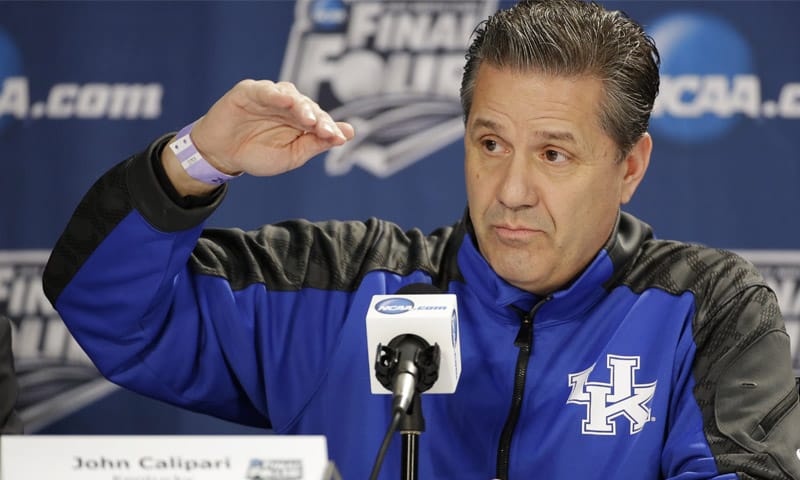
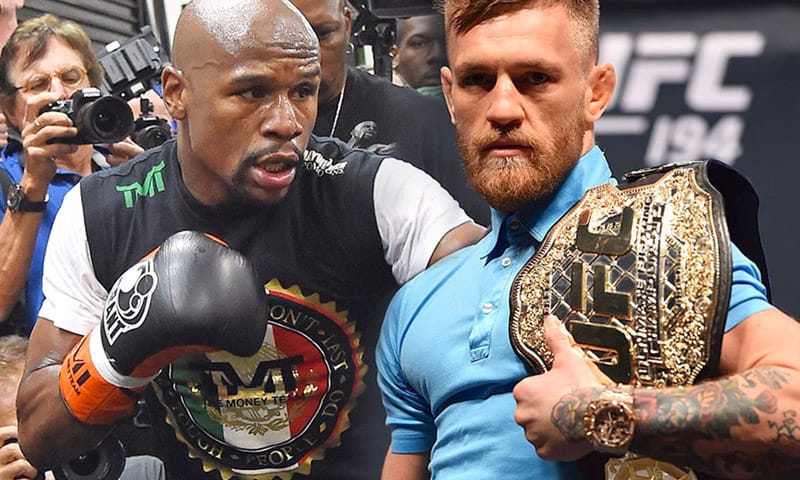
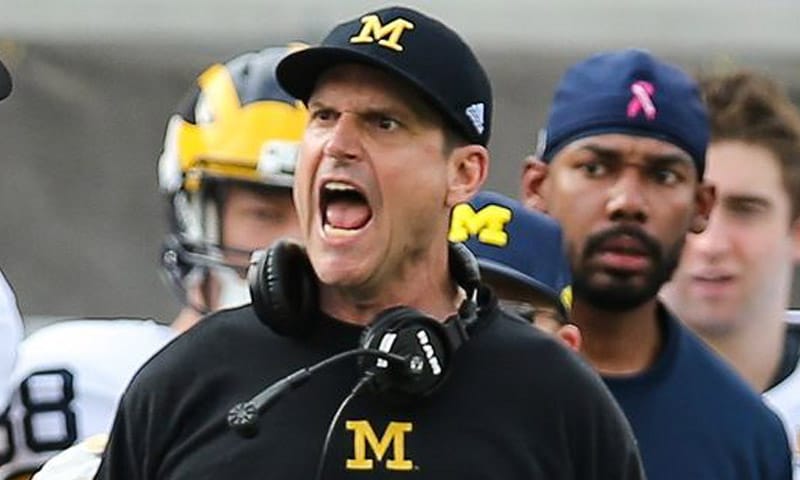
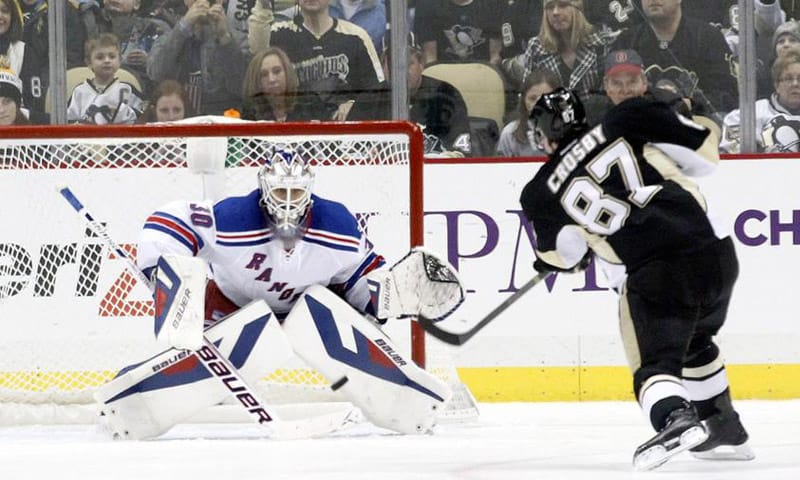
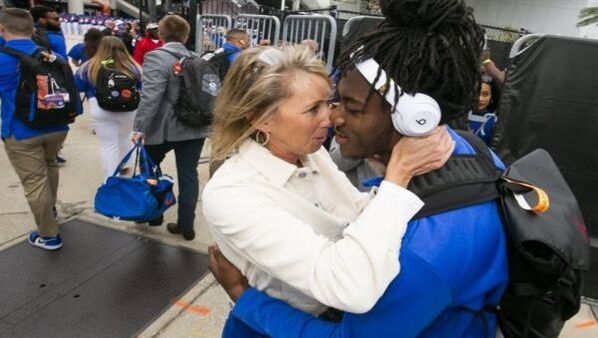
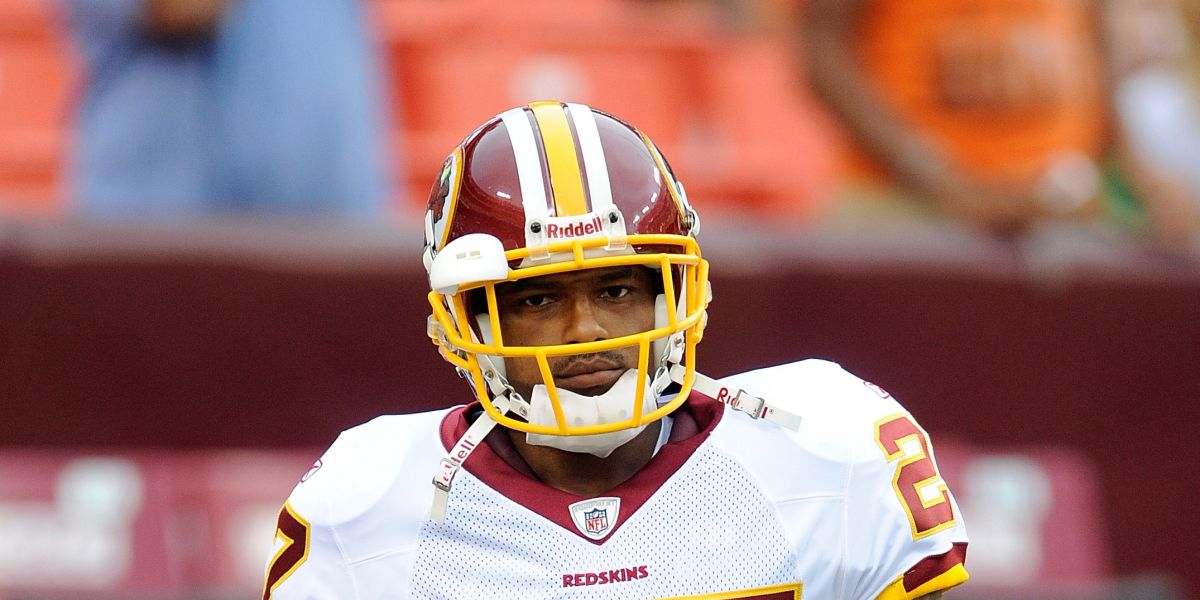
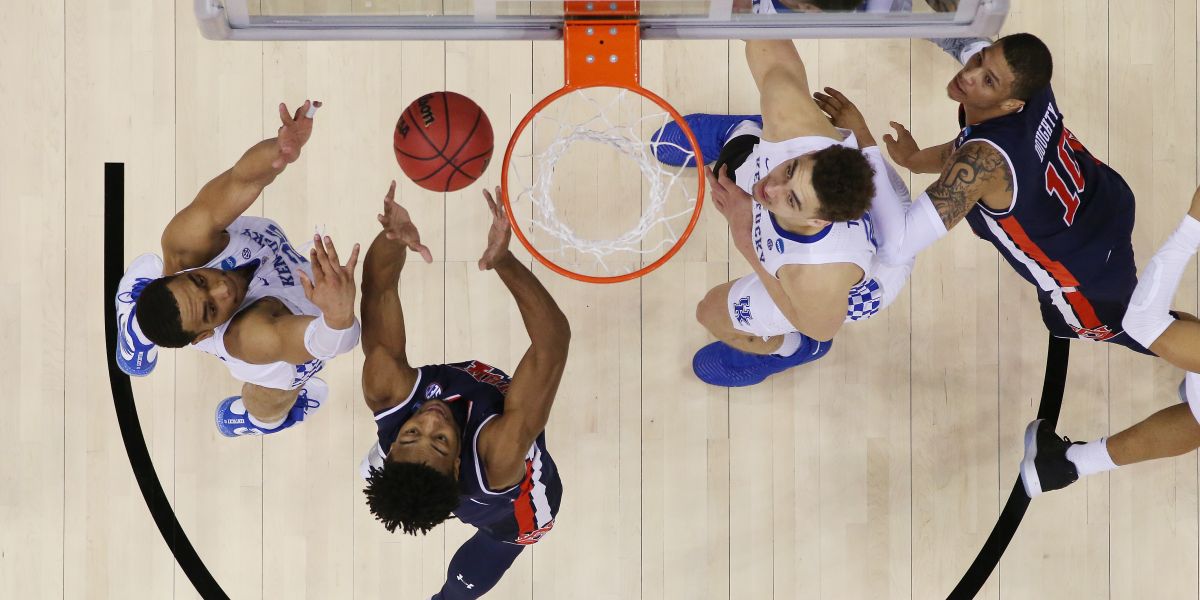
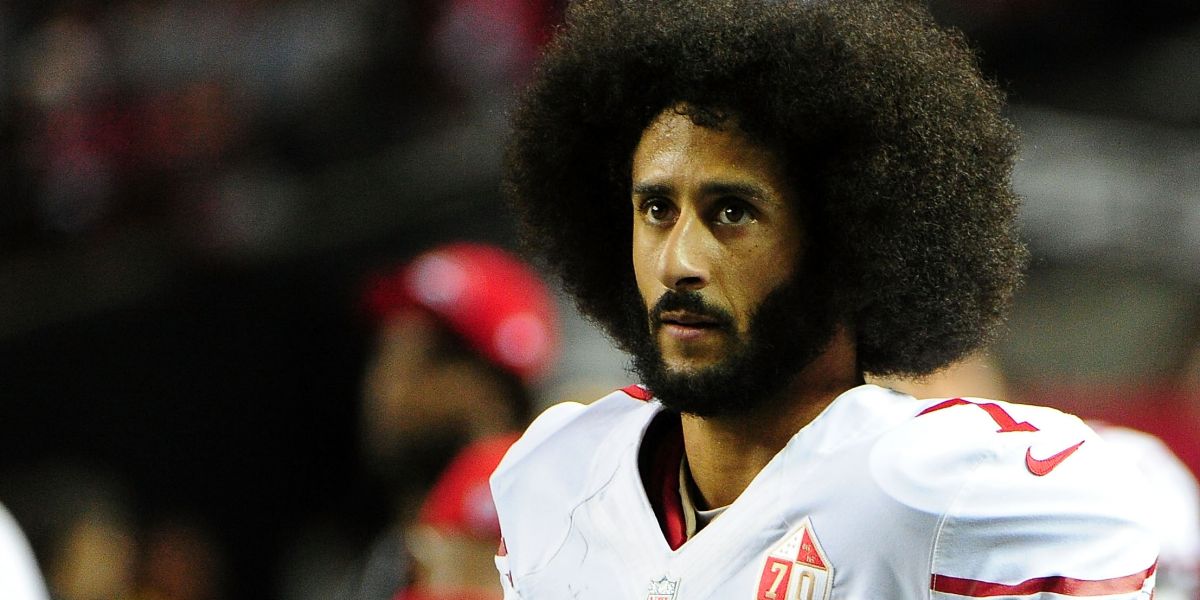
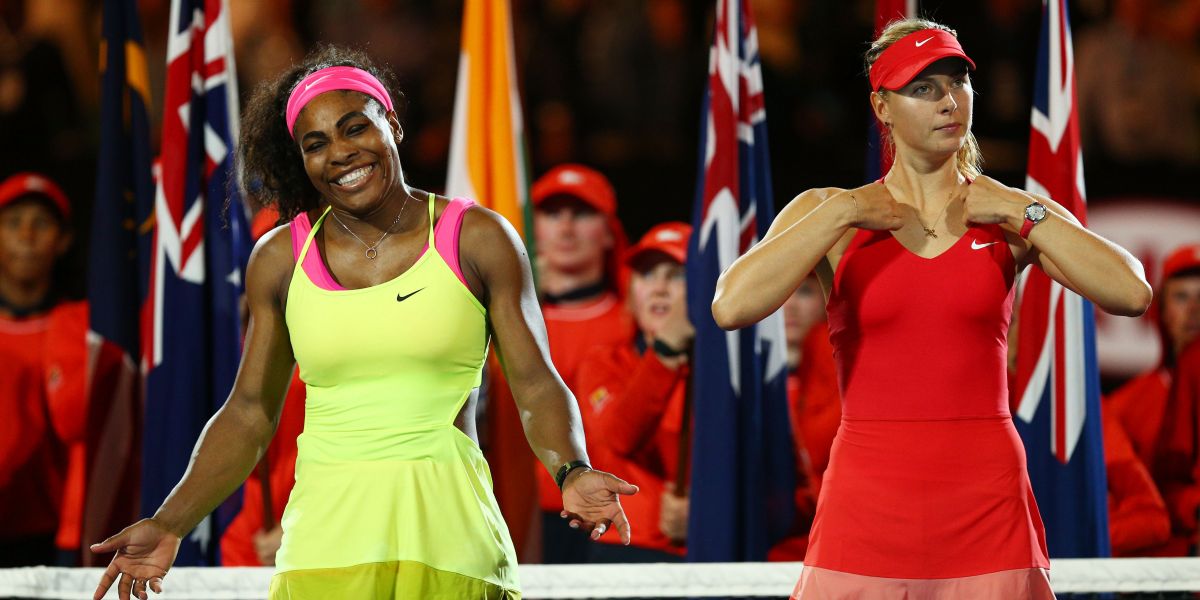
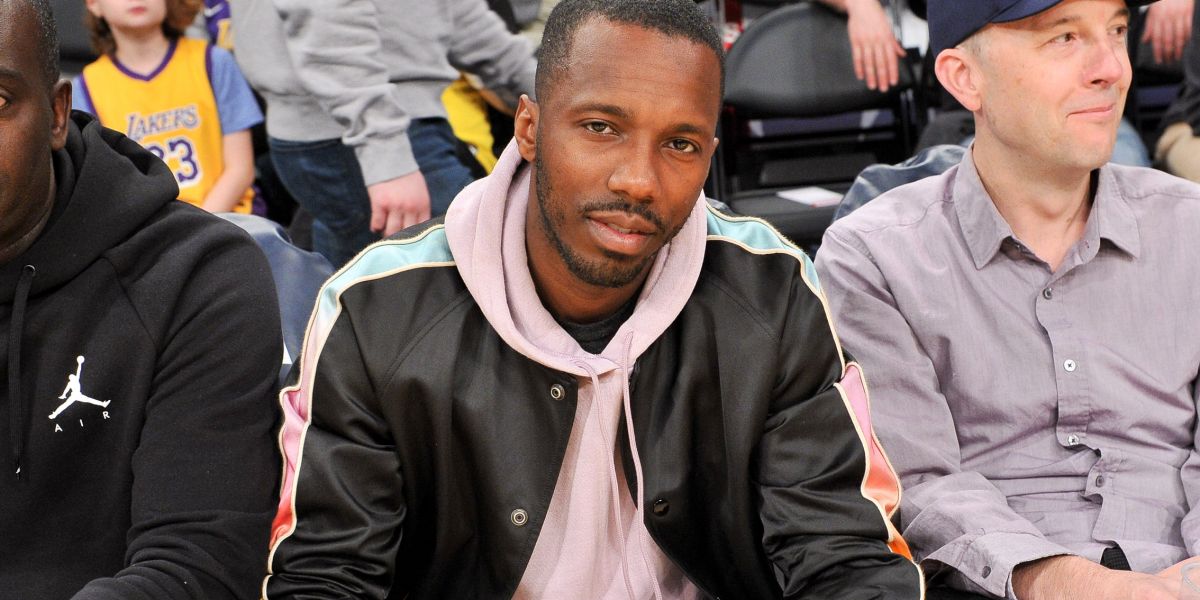
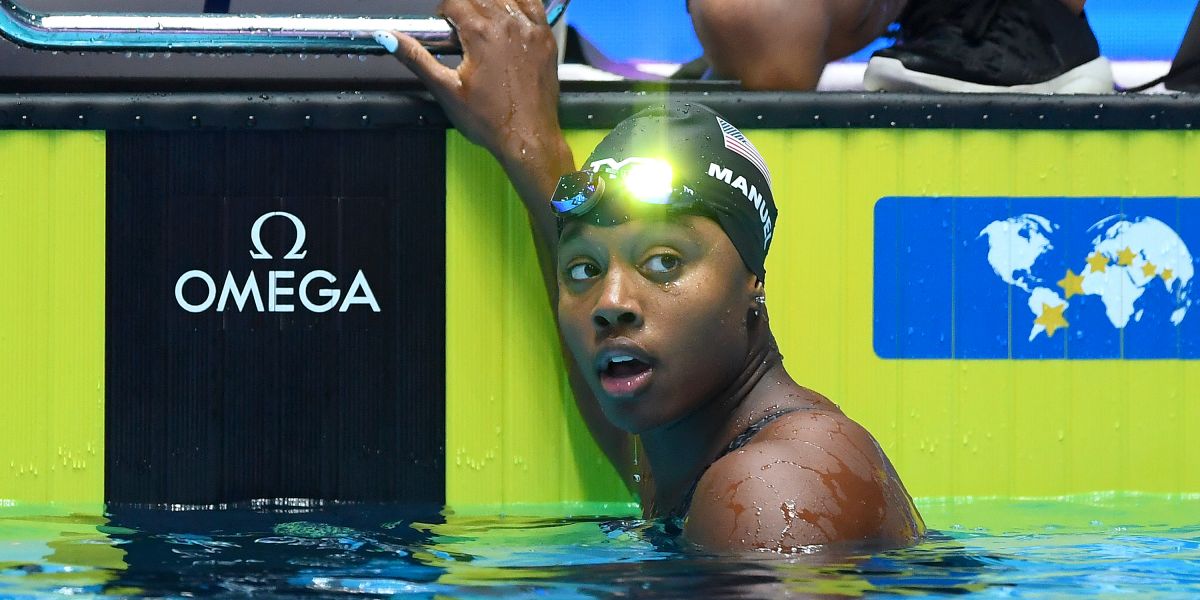
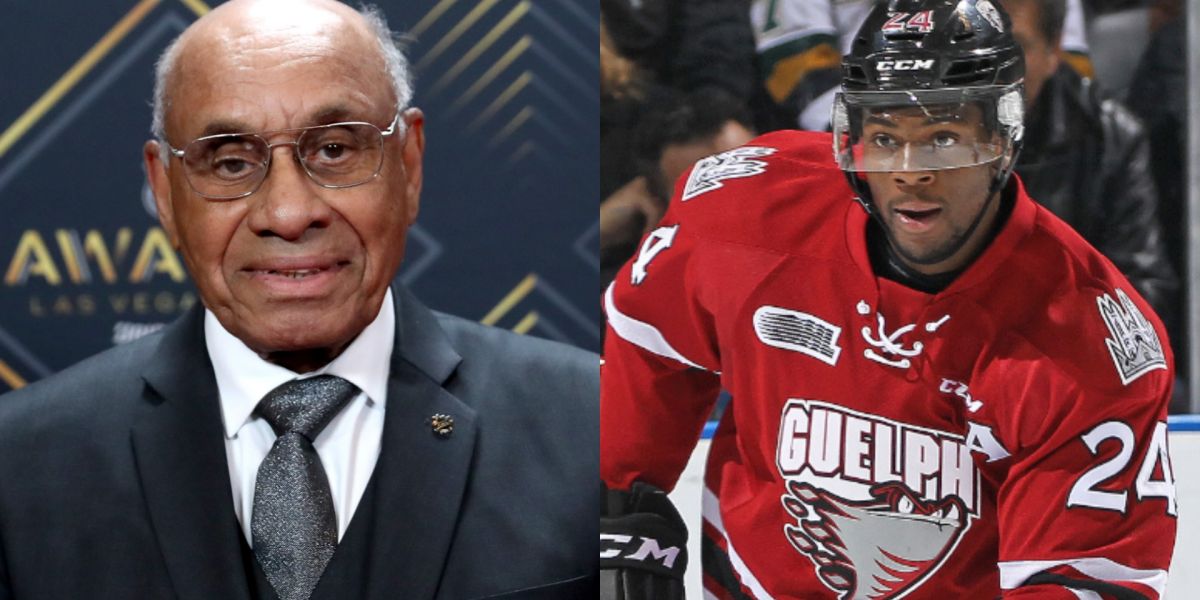
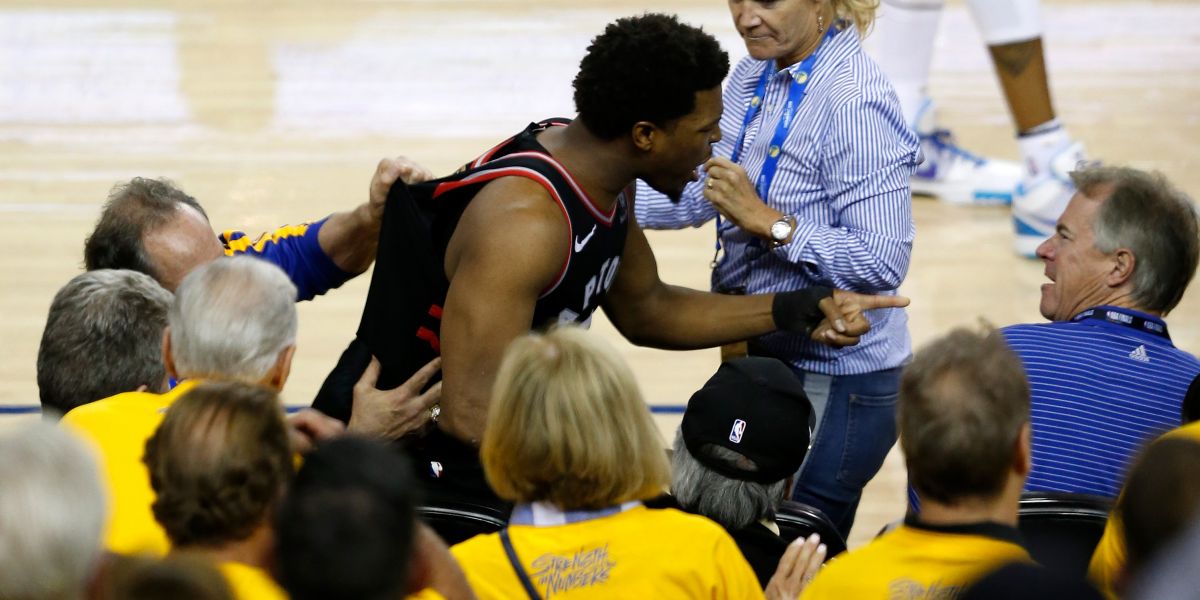
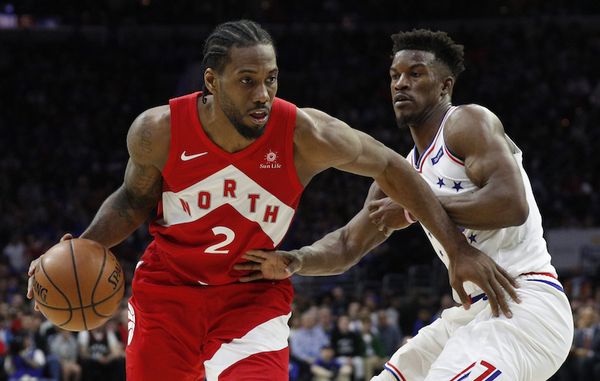
 RSS Feed
RSS Feed